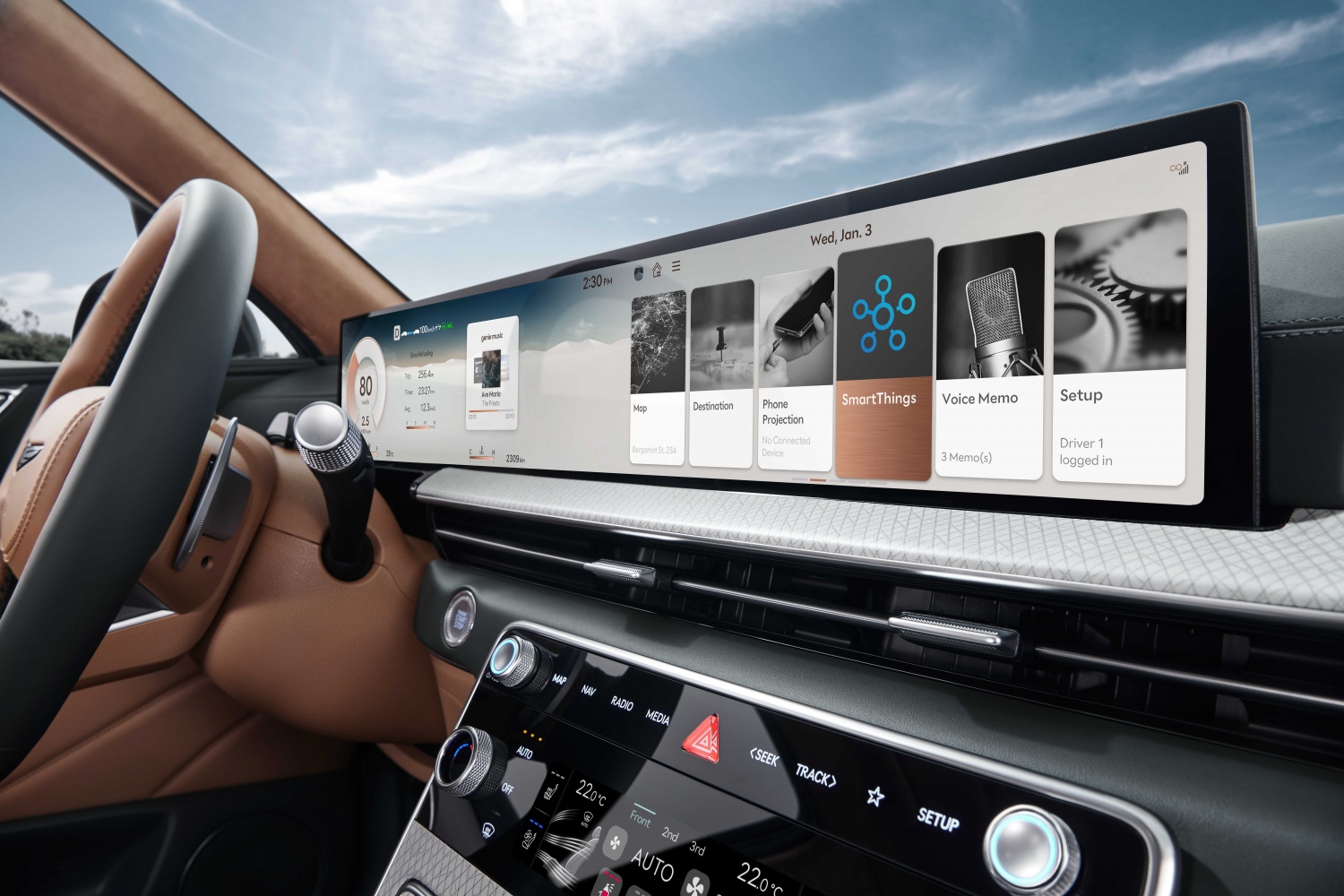University of Tokyo Unveils Game-Changing Cobalt-Free Lithium-Ion Battery Prototype
In a groundbreaking development, researchers at the University of Tokyo have revealed a revolutionary cobalt-free lithium-ion battery prototype that has the potential to transform the electric vehicle industry. This innovation addresses the environmental and ethical concerns associated with cobalt mining while significantly improving energy storage capabilities.
Traditional lithium-ion batteries contain cobalt, nickel, and manganese, with cobalt playing a central role in their chemistry. However, with mounting cobalt supply concerns and the ethical and environmental issues related to its extraction, scientists have been tirelessly searching for alternatives.
One such alternative is Lithium Iron Phosphate (LFP) batteries, which are cobalt-free and offer a 30% cost reduction compared to standard lithium-ion batteries. However, the University of Tokyo’s research takes the quest for a more efficient and sustainable solution to new heights.
The research team at the University of Tokyo has developed a unique battery with electrodes that combine lithium, nickel, manganese, silicon, and oxygen. This intricate blend results in higher voltage capabilities, providing a significant energy boost compared to traditional cobalt-containing lithium-ion batteries.
A significant challenge with batteries containing these components is their tendency to break down over time, making them unsuitable for long-term use. However, the researchers have overcome this obstacle by introducing a newly formulated electrolyte called 3.4 M LiFSI/FEMC. This electrolyte creates robust passivation layers on the anode, ensuring the stability of the electrolyte against degradations. The result is a small coin battery prototype that retains an impressive 80% of its storage capacity after 1,000 charge and discharge cycles.
The implications of this breakthrough are monumental. Not only does the cobalt-free lithium-ion battery offer a sustainable and ethical alternative, but it also boasts approximately 60% higher energy density than Lithium Iron Phosphate batteries. This increased energy storage capacity means longer-lasting and more powerful batteries for electric vehicles, smartphones, and other applications.
Professor Atsuo Yamada of the University of Tokyo’s research team expressed optimism about the technology’s future prospects, stating, “We will consider ways to collaborate with companies interested in commercializing the technology, including through licensing.” Additionally, the scalability of this innovation is a significant advantage, as existing production equipment can be utilized to manufacture these advanced batteries.
This development aligns with the global effort to transition toward cleaner and more sustainable energy solutions, particularly in the electric vehicle industry, where the environmental and ethical concerns surrounding cobalt have been a major challenge.
The University of Tokyo’s cobalt-free lithium-ion battery prototype represents a significant step forward in the quest for more efficient and sustainable energy storage solutions. With its potential to revolutionize the electric vehicle industry and address the ethical and environmental concerns surrounding cobalt mining, this innovation is poised to make a lasting impact.
Stay tuned for further updates on this groundbreaking technology here at Tech Times.
© 2023 TECHTIMES.com All rights reserved. Do not reproduce without permission.

I have over 10 years of experience in the cryptocurrency industry and I have been on the list of the top authors on LinkedIn for the past 5 years. I have a wealth of knowledge to share with my readers, and my goal is to help them navigate the ever-changing world of cryptocurrencies.




